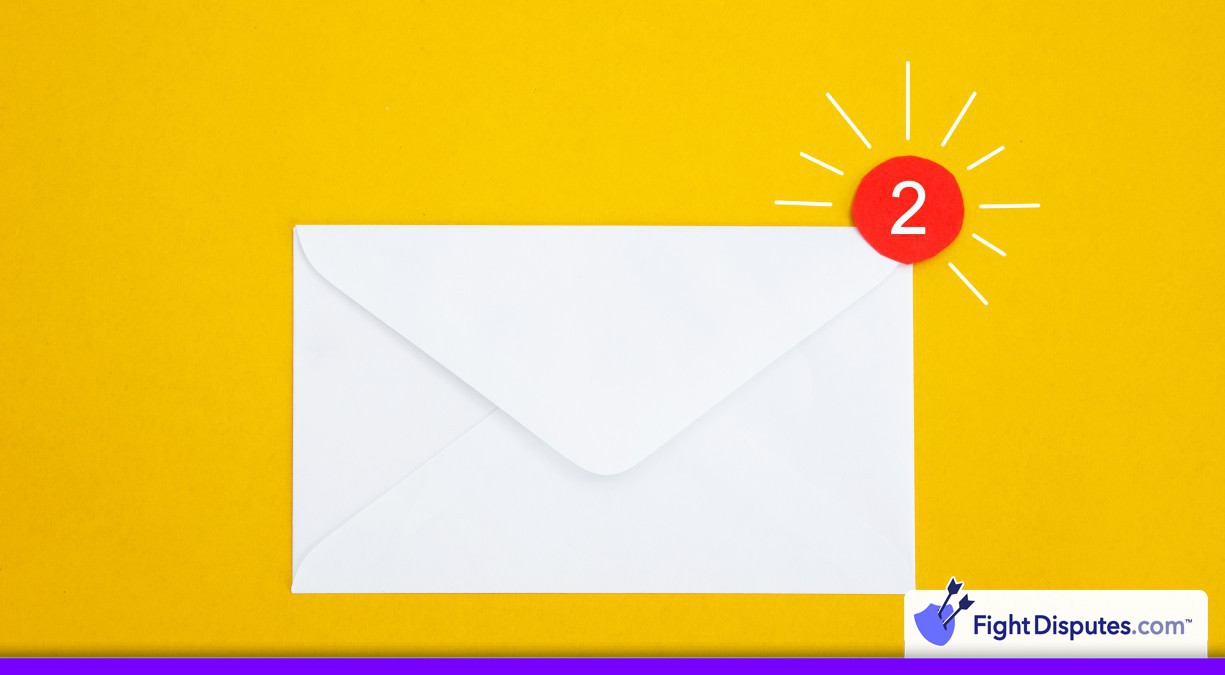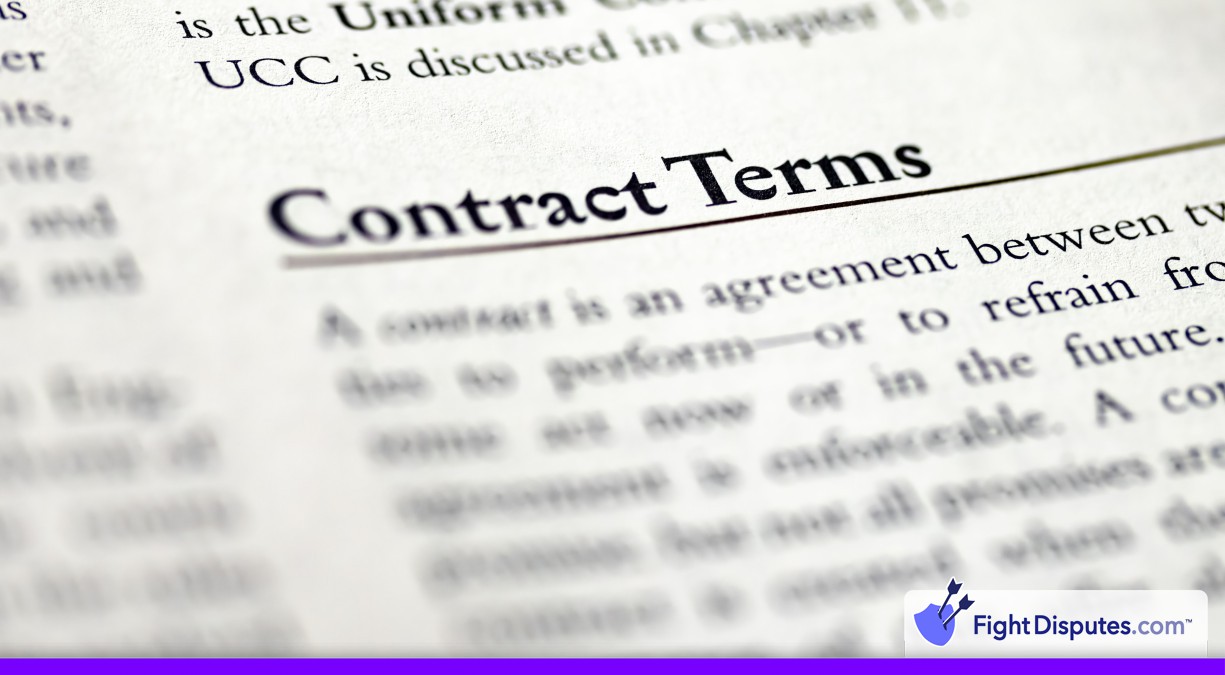CR: Cancelled Reservation
Cancelled reservation disputes can be especially tough for merchants because you might be paying a few times what the customer originally spent, and each chargeback brings with it its own set of penalty fees. If too many of these disputes pile up, then your payment processor might start causing you issues or drop you altogether.
Even though you’ll see “CR” mentioned all the time when merchants talk about these problems, Discover Card doesn’t use that as an official reason code. When customers cancel recurring transactions, those disputes are usually filed under Discover’s AP code instead. One-time reservation cancellations are a bit different – they usually move through Discover’s standard service dispute channels. But the two categories can be prevented and challenged with most of the same strategies and the same evidence guidelines.
Your odds of winning these disputes boil down to 2 factors – how well you document everything and how fast you respond once that message hits your inbox. Merchants who spell out their cancellation policies in plain language and who keep careful records of every customer interaction see far fewer disputes.
The best part is that these dispute processes follow a fairly predictable pattern, meaning you can get ready for them ahead of time and set up systems to protect yourself before problems come up.
How It Works
Customers who believe they’ve been unfairly charged after they try to cancel a service will usually head straight to their bank with a complaint. Banks follow a pretty standard strategy here – they won’t contact you first to get your side of the story or to get a picture of what actually happened. The dispute process kicks off automatically, and you find out only after it’s already in motion – it’s just how the banking system works with these situations, and sadly, there’s not much that merchants can do to stop the whole process.

After the customer files the complaint, Discover reviews it and assigns a reason code to label the issue. For subscription and membership problems like these, you’ll most likely see code AP on your report. Code AP means that the customer claims that they tried to cancel your service, but you kept billing them anyway. From here on out, everything moves pretty fast. Your payment processor will send you a notification about the dispute, and you’ll have roughly 10 days to submit your response with all the documents you need. Miss that deadline and you lose by default.
The disputed amount gets pulled right out of your account – it doesn’t matter if the situation seems fair to you or not. Most of these disputes happen because of just a handful of common problems. Maybe your website’s cancellation process was buried somewhere hard to find, or maybe the customer sent you an email to cancel, but your policy only accepts phone calls instead. But sometimes your system actually did process their cancellation correctly, but there was still one final charge already queued up in the payment pipeline.
No matter which scenario fits, the outcome is the same – the customer sees another charge on their statement after they thought they were completely done with your service.
How it Affects Chargeback Prevention
Each dispute counts against your chargeback ratio – this ratio is what payment processors actually care about most. They watch this number closely, and once it gets too high, actual consequences follow that can hit your business hard.
The fees alone can hurt your bottom line pretty hard. Every chargeback usually costs between $30 and $100 in fees. But that’s just the beginning of your problems. Once your ratio climbs past the set levels, your payment processor will raise your rates across all transactions. If it keeps climbing, you could lose the ability to accept Discover cards altogether.
The upside is that most cancellation disputes are completely preventable with the right plan. Spell out your cancellation policy in plain language and put it everywhere your customers will see it. That means on your checkout page, in your confirmation emails, and anywhere else where they come across your business. When a customer does cancel, process their request immediately and send them the confirmation within a few seconds – not days later.
Your confirmation system has to work every time, no excuses. Send an email that states the reservation is cancelled and that no charges will appear on their statement. Keep full records of every cancellation request with timestamps and customer information. These logs become your best defense if a dispute does happen later. I see businesses mess this up all the time when their billing descriptors don’t match their business name, so make sure that yours matches well. That way, customers can find the charge on their statement and won’t panic when they see it.
Example Scenarios
This same situation happens thousands of times every day across a lot of different subscription businesses. A streaming service may require customers to cancel at least 5 days before their renewal date if they want to skip the next billing cycle. A meal delivery company might need to lock in orders 48 hours before each shipment goes out. These rules actually make perfect sense for business reasons. But most customers never read the fine print until after they’ve already been billed for something they didn’t want.
Hotels run into their own extra-annoying version of this problem. A guest cancels their reservation through a third-party booking site. But the cancellation never reaches the hotel’s reservation system. When the no-show charge shows up on their statement, the guest has a confirmation number from the booking site that plainly says the reservation was “canceled.”
At the same time, the hotel has no record of any cancellation request, and each side winds up with paperwork that completely backs up its version of events.
The evidence laws for winning these disputes are almost impossible to satisfy. Card networks want proof that the customer actually agreed to your exact cancellation terms before they signed up. They ask for timestamps, full system logs, and copies of email confirmations. A plain screenshot of your cancellation policy page might not be enough if you can’t show that the customer saw those terms before they signed up.
Requirements and Timeframes
When Discover sends you a cancellation chargeback, they give you only 10 days to respond. Miss that window and you lose automatically – it doesn’t matter if you’re completely right or if you have plenty of strong evidence. The deadline starts when you receive their message.
Your best evidence is anything that proves the customer never actually cancelled in the first place. Maybe they never submitted a cancellation request through your official channels at all. Or maybe they continued to use your service even after they claimed to have cancelled. Those usage logs and login records become very important when it matters, so you want to get them faster. If your cancellation policy says that you need 30 days of advance warning and they only gave you 5, that detail could make all the difference.
Written records are more effective than anyone’s vague memory of what happened. You need the exact cancellation policy that the customer agreed to when they first signed up with you – not whatever version happens to be on your website right now. You want the exact one from their original signup date.
The same applies to any of the terms of service agreements or the confirmation emails you sent along the way.
Discover actually uses the code “AP” for cancelled recurring transactions instead of “CR” like you would expect to see – this AP code is for subscription and recurring billing disputes. The one-time reservation cancellations get different service dispute codes altogether. The exact code matters less than all your evidence together.
The pre-dispute resolution exists. But it comes with even tighter deadlines than the normal process. You could have as little as 72 hours to resolve the issue directly with the customer before it turns into a formal chargeback dispute.
Frequently Asked Questions
Can customers file cancellation disputes months after the alleged cancellation?
When a customer wants to cancel their reservation or subscription, you want to take care of it as soon as possible. There's actually a very important reason for this urgency that most merchants never think about. Discover gives customers 120 days from the original transaction date to file a dispute against you - 4 full months. What makes this even harder is that the clock keeps ticking even after they cancel.
This turns into a big problem for merchants who don't stay on top of cancellations. A customer might claim they tried to cancel way back in January, but your system kept charging them through April. In that case, they can dispute all the charges at the same time if they have even the smallest bit of proof that they tried to cancel. Sometimes, all it takes is an email they sent to the wrong department or a customer service chat transcript.
Your best defense against this situation is to process each cancellation request the instant it comes in. You want to send out confirmation emails on that same day and keep complete records of everything for at least 6 months (disputes can appear long after you've completely forgotten about that particular customer). Your cancellation records should include the exact date and time that you processed the request, and it never hurts to take screenshots of your system that show the cancellation was processed.
Recurring transactions become tough because they can sometimes fall under different laws depending on your billing cycle. Monthly subscriptions follow one set of laws, but annual renewals follow a different set. The smartest move you can make is to treat every cancellation request like it's going to turn into a dispute later. Handle it immediately and document every step of the process.
How quickly must I respond to a Discover cancellation chargeback?
ASAP. Get a cancelled reservation dispute from Discover, you have a full 10 calendar days to respond - that's it. No extensions, no exceptions, and no second opportunities. Miss that deadline and you automatically lose the dispute, no questions asked.
Here's where it gets tough for most merchants. Your payment processor actually needs your response even sooner than that 10-day window. They have to look over your evidence and send everything to Discover before the final deadline. Most processors ask for your documents within 5 or 7 days, so they have extra time.
The countdown begins the instant Discover sends the dispute. Not after you read it (not after you feel ready to work with it) - the clock starts ticking once it lands.
Pre-disputes make the timeline even tighter. Sometimes you get only 5 days to answer, and it's barely enough time to collect your proof and write a decent reply. You need to move fast once these arrive in your inbox.
The smartest move is to set up instant notifications for any new disputes. Most processors can send you an email or text the second one shows up in your account. Don't check your dashboard once a week - by then it's probably already too late to put together a response.
Your paperwork needs to stay organized and accessible if you want to succeed in the reservation business. Disputes will arrive sooner or later, and you'll need those reservation confirmations and cancellation policies to be right in front of you.
What's the difference between recurring and one-time reservation cancellation disputes?
Reservation disputes aren't all the same, and recurring cancellations versus one-time booking disputes work very differently. Recurring cancellation disputes come from subscription services or memberships where customers say they cancelled but were still charged month after month. One-time reservation disputes are about single transactions for future services like hotel stays or concert tickets. The evidence laws are very different, too - recurring disputes need proof that you disclosed your cancellation policy and kept the service going. But reservation disputes are all about cancellation windows and your refund terms.
What I've learned from these cases is that merchants who use the same strategy for the two types usually have a harder time than merchants who customize their strategy for recurring versus one-time disputes. Recurring disputes cover a few billing cycles and need paperwork for every charge, making them harder to manage. One-time disputes are usually easier since the terms and communications relate to just one cancelled reservation. Even your prevention strategies should be different - recurring services work best with strong cancellation confirmation steps. But reservations need very specific information about when customers can and can't cancel.
Merchants who understand these differences and collect their paperwork usually see much better results when they challenge these disputes.
 Call (844) NO-DISPUTES
Call (844) NO-DISPUTES



